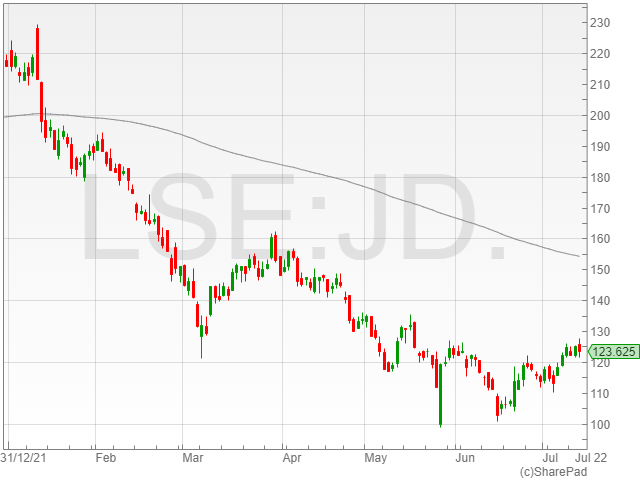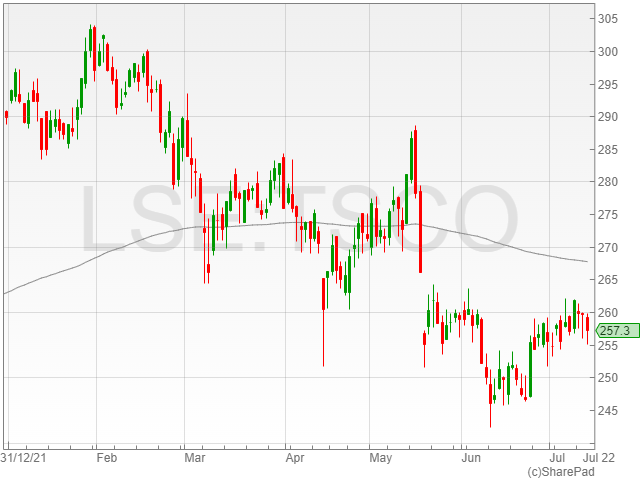The FTSE 100 was down going into the close Wednesday despite a reported 0.5% growth in the UK economy over May, according to figures released by the ONS today.
However, the real driver of markets of Wednesday was the higher than expected US CPI reading that rose to 9.1%.
“If anyone had been harbouring hopes that US inflation had topped out at 8.6% those hopes have been dashed today. A potent mix of soaring prices both at the pump and at food stores has created a situation that no-one can hide from,” said Danni Hewson AJ Bell financial analyst.
“Markets will now have to lock in the expectation that the Fed will deal out another 75 basis point hike later this month as it seeks to push the lid down on the pot that just keeps bubbling over. There’s been plenty of volatility as investors consider how fast the economy will slow once the brakes are tapped again.”
US Inflation hits 9.1%
The spike marked the highest yearly gain in inflation since 1981 and the highest monthly gain since 2005.
The NASDAQ fell 0.6% to 11,189, the Dow Jones dropped 0.7% to 30,739.6 and the S&P 500 was down 0.7% to 3,790.
UK economy
Despite the positive news after two consecutive months of GDP contraction in March and April, the sectors behind the growth displayed less reason for optimism.
The GDP climb was predominantly on the back of a 0.4% rise in services, linked to a 1.2% increase in human health and social activities due to a higher level of GP appointments.
Meanwhile, output in consumer-facing services dropped by 0.1% as a result of a 0.5% fall in the retail sector, demonstrating a lack of household retail spending and sending recession alarms ringing.
“Households are strategically cutting back on their spending, which is a particular blow to the consumer services which still haven’t been able to get anywhere near their pre-pandemic glory days,” said AJ Bell financial analyst Danni Hewson.
Fashion groups felt the cold chill of the cost of living crisis, with JD Sports Fashion falling 1.9% to 122.8p and Next dipping 0.1% to 6,296p as consumers cut back on retail expenses.

Supermarkets also felt the effects of consumers paring back on shopping, with Tesco dropping 0.9% to 257.3p, Ocado falling 4.5% to 793.6p and Sainsbury’s sliding 0.1% to 214.9p.

Euro falls below parity against Dollar
Meanwhile, the Euro fell below parity against the Dollar for the first time in two decades, after the US inflation statistics served to strengthen the Dollar.
The Dollar was worth 0.997 Euro at the time of reporting, marking the first time since 2002 that the Dollar was listed as the stronger currency against the Euro.
European markets fell across the board, with the German DAX down 1.2% to 12,740, the French CAC 40 sliding 1% to 5,980.2 and the Italian FTSE MIB dropping 1.1% to 21,241.3.
